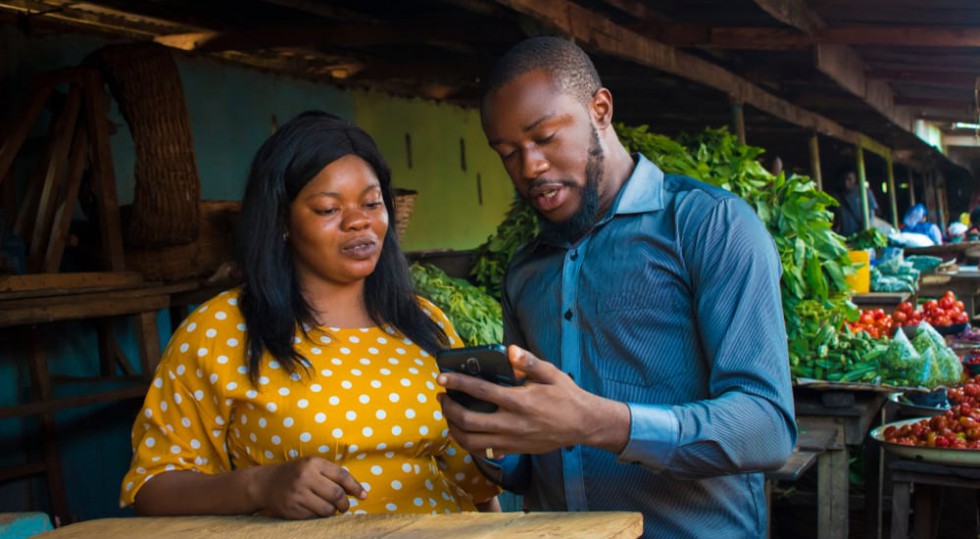Digital Market Integration in East Africa: Why So Reluctant?

As one of the most integrated and digitally mature regions in Africa, East Africa is considered the epitome of digital market integration. In 2018, the World Bank published a report envisioning “A Single Digital Market for East Africa”. In outlining the potential and challenges to the implementation of a single digital market, the report predicts an additional regional GDP growth of up to 1.60 percent and the creation of up to 4.5 million new jobs with a disproportionate boost for the poorest segments of society.
Notwithstanding the expected benefits, national governments in the East African Community are reluctant to integrate their digital markets. Therefore, this presentation delves into the economic, political, ideational, and external factors that drive or hinder digital regionalism in East African states. As a comparison to this “foreign” vision, the presentation also introduces an alternative “indigenous” initiative: SMART Africa. Launched and led by Rwanda, SMART Africa resembles a partnership and platform to exchange best practices and lessons learned across the continent.
Although drivers and barriers of digital market integration vary across the member states, this presentation argues that the crucial obstacle is rooted in Africa’s history. In particular, regional integration entails ceding some competences from the national to the supra-national level. Precisely this transfer of a small slice of power alienates African states whose authority rests on their (external) sovereignty and long-standing efforts of nation-building. By contrast, SMART Africa overcomes this inherent shortcoming of digital integration by unifying African states without laying claim to the governments’ full control over the internal digital markets.
Wednesday, 8 February 2022
10:00 - 11:30
UNU-CRIS (Björn Hettne Room), Potterierei 72, Bruges

Stephanie Arnold
Visiting PhD Researcher, Brussels School of Governance
Stephanie Arnold currently pursues her PhD degree in Political and Social Sciences at the University of Bologna (Italy) where she focuses on the role of foreign players in the digital transition of Sub-Saharan Africa. In 2022, she was selected to join the Europaeum Scholars Programme, a two-year policy and leadership course for PhD students coordinated by the University of Oxford. Prior to her doctoral studies, she obtained a 5-year master’s degree in law from the University of Bologna (2019).
Her research interests focus on ICT for Development (ICT4D), digital governance in developing countries, and the interplay between Africa, China and the European Union in the field of digital development. Stephanie likes interdisciplinary approaches and applies innovative methodologies including geospatial analyses and text analyses to shed light on current geopolitical phenomena.
Upcoming Events
Similar Events
No events found.



